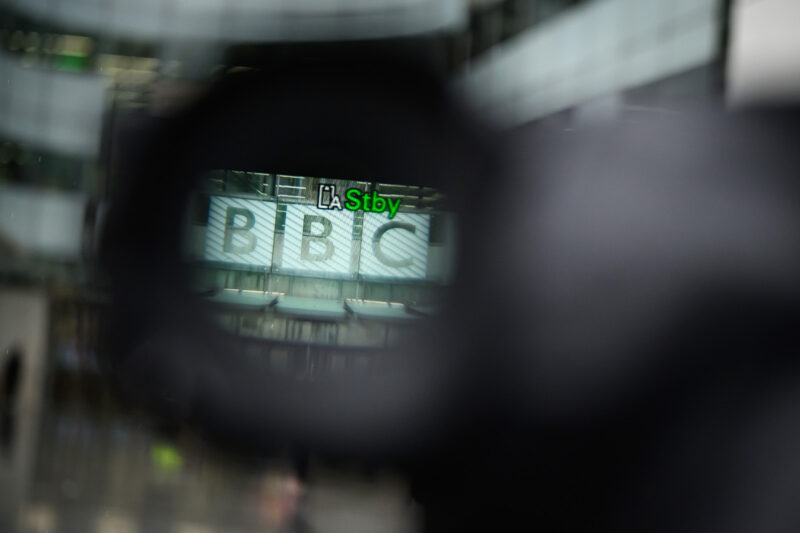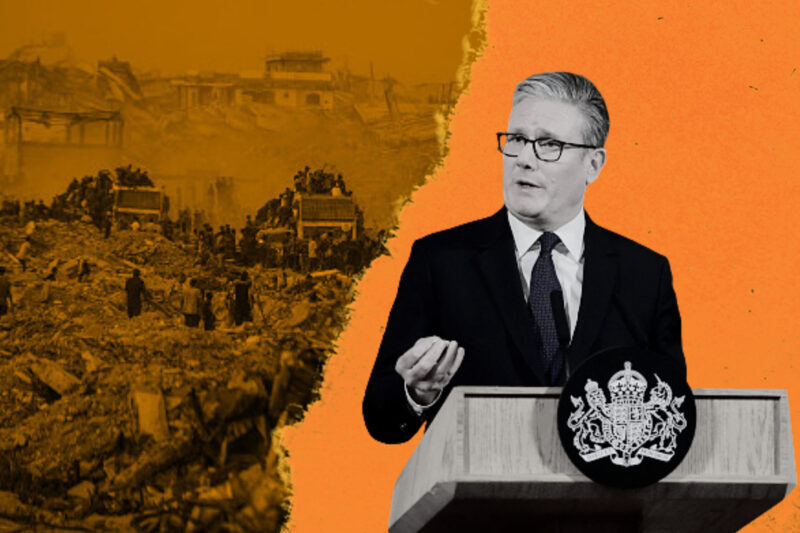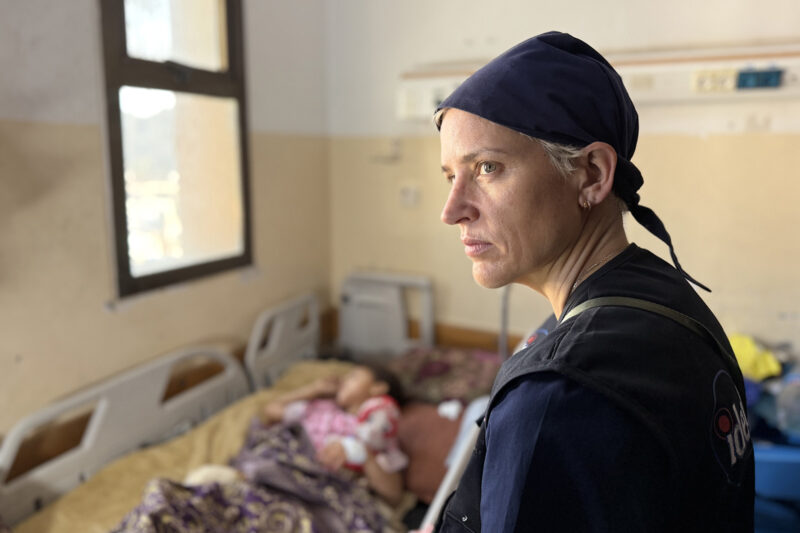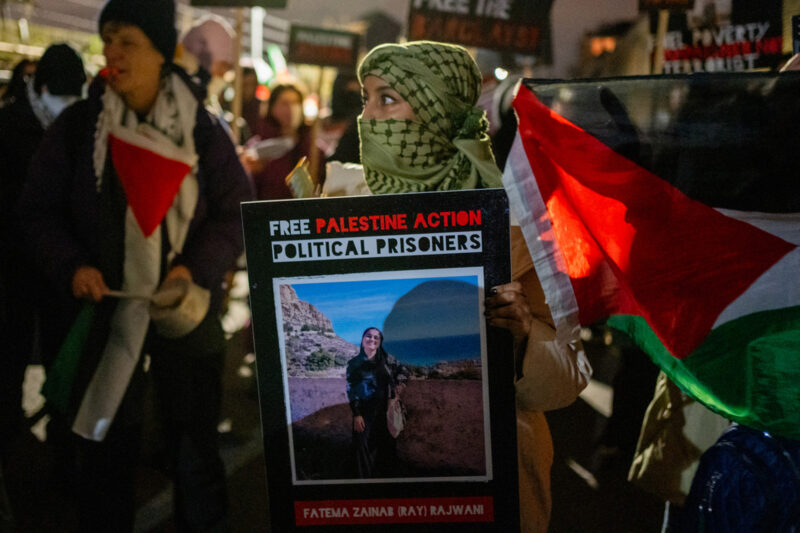The ceasefire in Gaza offers only temporary relief, not peace
For Ahmed Najar, a Palestinian in the UK, the ceasefire is a stark reminder of the imbalance of power and the injustice that defines life for those still there
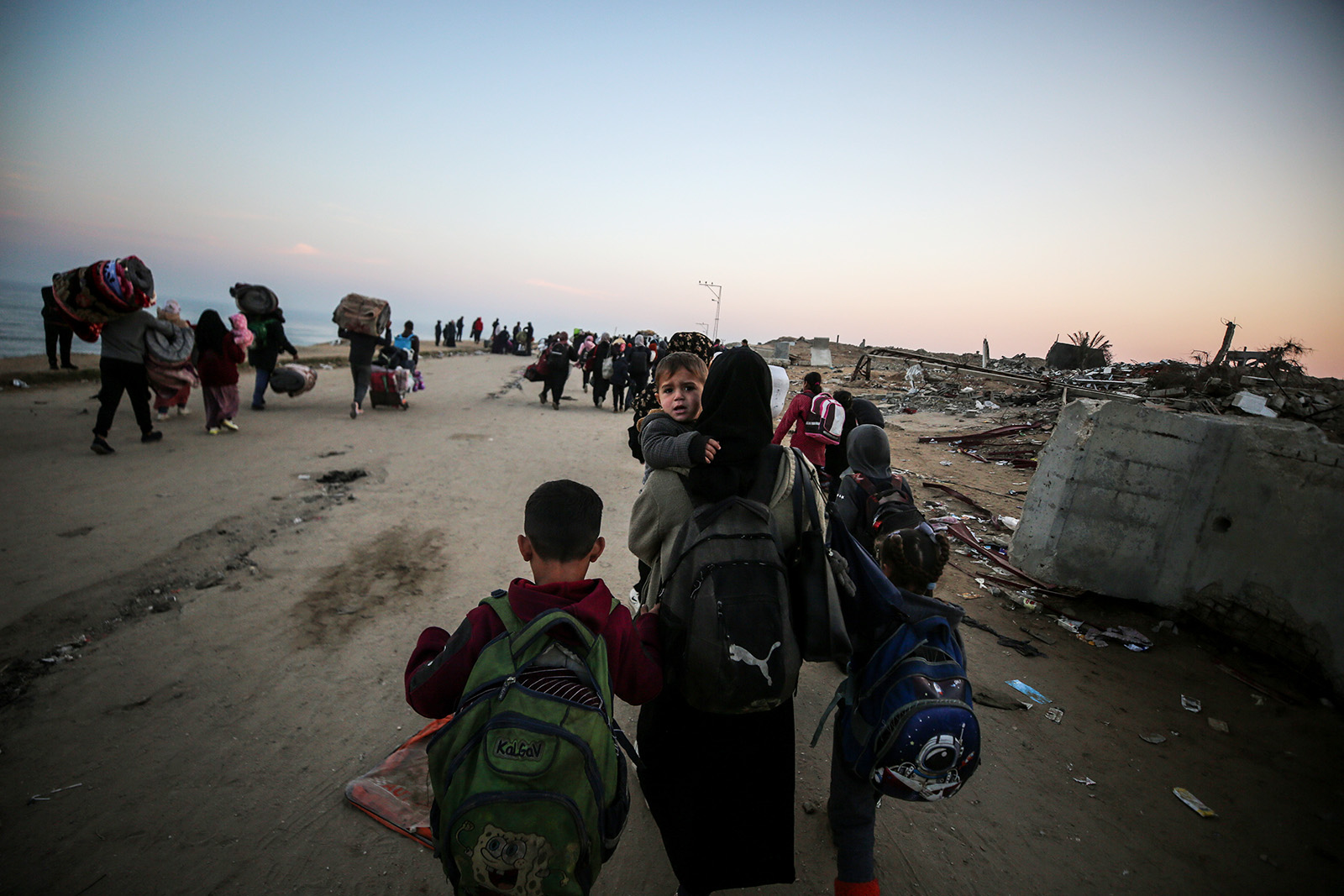
The recent ceasefire agreement between Israel and Hamas is being heralded by some as a step toward de-escalation. But for those of us with loved ones in Gaza, it represents something far darker. The very terms of this ceasefire expose the cruel reality of how Israel has used the suffering of Gaza’s people as a tool to achieve political gains, all while inflicting unimaginable pain on families like mine.
The ceasefire permits the delivery of humanitarian aid to Gaza, a lifeline that should never have been withheld in the first place. Now, as part of the agreement, only 600 trucks of aid are allowed into Gaza each day. This is a gross violation of basic human rights, as Gaza’s devastated population requires thousands of trucks daily to meet its needs. The agreement also allows some displaced families to return to the north, where their homes once stood before being obliterated by bombs. These concessions — basic rights disguised as privileges — should not be part of any negotiation. The fact that they are included in the agreement only underscores the depth of the war crimes committed against Gaza’s people.
On Monday, we saw the heartbreaking images of thousands of Gazans making their way back to the north, carrying what little they have left. Children, the elderly and parents clinging to hope are walking through the rubble of what used to be their neighbourhoods. For these families, the return is bittersweet. It is an act of defiance, a declaration of their deep-rooted connection to their land, but it also reveals the scale of destruction and the unbearable loss they face. These scenes stand as a haunting testament to Israel’s deliberate campaign of displacement and destruction, and they expose the hollowness of claims that this war was solely about dismantling Hamas.
For months, my sisters — originally from the north of Gaza — have been living in tents in the south, enduring conditions that no human being should ever have to face. They share a single bathroom with more than 50 people, queue for hours for water and food, and sleep on thin mats that offer no protection from the cold. My sisters are not fighters. They are mothers, students and daughters — ordinary civilians who have been made to pay the price for Israel’s political calculations and greed. Their suffering, like that of tens of thousands of other families, has been weaponised.
Israel claims its military actions were necessary to dismantle Hamas. But if that were true, why, even after the ceasefire agreement, are civilians still forbidden from returning to many areas of Gaza? Why has the blockade not been fully lifted to allow Gaza’s people to rebuild their shattered lives? The answer is painfully clear: Israel’s campaign was never just about targeting Hamas. It was about breaking the spirit of Gaza’s people, using their suffering as leverage to achieve broader political objectives.
Israel’s policies in Gaza go beyond military strategy — they are rooted in a deliberate attempt to control and dehumanise. By restricting access to basic necessities, Israel has turned food, water and shelter into bargaining chips. By destroying homes, schools and hospitals, it has sought to erase the very fabric of Palestinian life. The cruelty of these policies is underscored by comments such as Donald Trump’s, suggesting the forced transfer of Gaza’s population to Egypt and Jordan — a chilling echo of ethnic cleansing. And by forcing families like mine to endure unbearable conditions, it has shown the world that it views Gaza’s people not as humans, but as tools to achieve its goals — such as the Israeli far right building settlements.
The use of starvation and displacement as tools of war is a blatant violation of international law. For over a year, my family has had to live with the constant threat of death, the loss of their homes, and the indignity of being treated as collateral damage in a calculated political game. For me, this is deeply personal. Every tent in Gaza tells a story like my family’s — a story of loss, resilience and an unyielding demand for dignity. These stories should fuel a global outcry against the injustices that have been allowed to fester for far too long.
And yet the international community remains silent. Governments that claim to uphold human rights continue to arm and fund Israel, turning a blind eye to the war crimes being committed in plain sight. The media often echoes Israel’s narrative, portraying Gaza’s people as collateral damage in a “complex conflict”. But there is nothing complex about starving a population. There is nothing complex about bombing families in their homes. There is nothing complex about forcing my sisters to live in a tent with no hope of returning to normalcy.
This ceasefire, far from being a step toward peace, is a reminder of the imbalance of power and the injustice that defines life in Gaza. For Israel, it is a political victory — proof that it can use collective punishment to achieve its aims. For Gaza’s people, it is another chapter in a long history of betrayal and abandonment.
But Gaza’s people are not pawns. My sisters are not pawns. They are human beings with dreams, hopes and a right to live in dignity. They should not have to rely on the whims of a ceasefire to access food and water. They should not have to grieve for their homes, their neighbours and their loved ones while the world watches in silence.
Israel must be held accountable for its actions, not rewarded with diplomatic immunity. The ceasefire should be the start of a reckoning, not mark the end of the conversation. Gaza’s people deserve more than temporary relief; they deserve justice, freedom, and a future where their humanity is recognised.
Read more: British Palestinians weigh up whether to return to a Gaza in ruins.
 Newsletter
Newsletter


